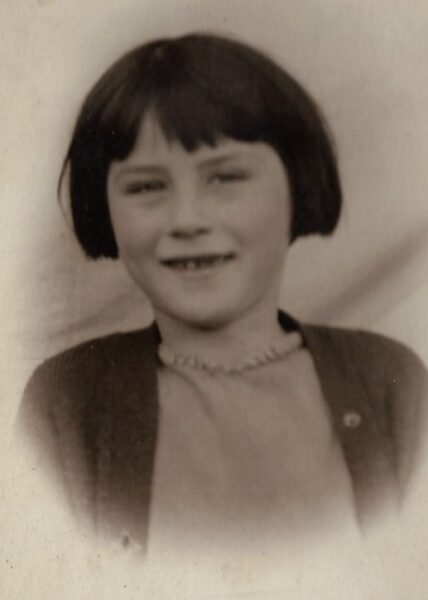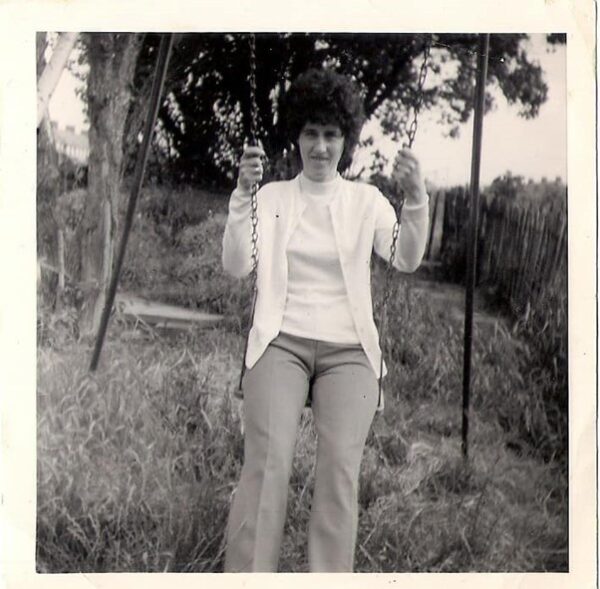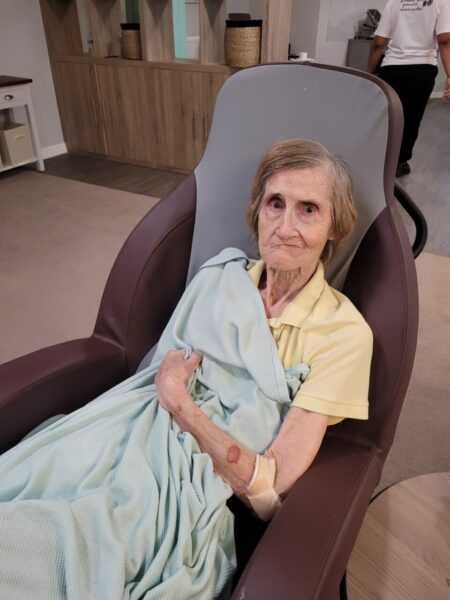
The UK care industry is a total shambles and the support being given to the elderly and those that care for them is often non-existent. This often leads to the elderly and the families that care for them being isolated and exhausted. Proposed changes have been talked about for years. Nothing has so far changed significantly.
The Centre for Ageing report released in March 2022 paints a bleak picture in its State of Ageing Survey with one in five pensioners in England being affected by poverty – and that figure is rising with the current cost of living.
The living conditions in one in five homes headed by those over 60 are a danger to the health of those living there.Deaths of almost 9,000 elderly people in 2021 were caused by their homes being too cold. The summary of that report can be viewed here.
The rising costs of adult social care, added to the cost of living crisis, makes many services unaffordable. I have a copy of a bill from Barking and Dagenham Council that shows they charge £54 for one carer per hour. For just two carers per day seven days a week this works out at £756 per week. The costs of private-sector care homes is also rising. Seven days’ respite care was £700 per week in back 2019. Those costs will certainly be higher now.
The costs are unaffordable to anyone on an average income and there is no sign of the government’s proposed cap on those costs.
Services for the elderly are not joined up, with the person and their case often passed from one team to another, or from one person to another, without all the necessary information being passed along as well.
The reason given for the costly and pointless administration costs associated with sorting this mess out is the GDPR (General Data Protection Regulation) which governs what data can be accessed and used and by whom.
Betty
Caught up in this maelstrom is one elderly lady in Dagenham. Betty is 90. She has dementia and other conditions associated with advanced age. She had been cared for by her son Michael for the last five years with very little in the way of help. I know every part of this story because I am Michael and Betty is my mother.
A brief history of Betty. She was born in the house she now owns back in 1932; a house that was then rented from the council. It was bought in 1971 by my father Norman.
My mum looked after her parents in that house. She brought up two children: me and my brother Kevin. She stayed in the house with her middle sister Joyce and her mum all through WW2. They did not want to leave.

I know my Mum’s final wishes. She has often, until dementia robbed her of most of her memories, said that she was born “in this house and will die in this house!”
My parents had been married for nearly 65 years when my father passed in 2017. I asked my mum what she wanted to do then. She said she wanted to stay in ‘her’ house. I gave her a commitment that I would do everything to make that happen.

On August 4 this year, all of that came under threat. My mum had a series of faints. This led to an ambulance being called and my Mum being taken to Queen’s Hospital in Romford.
I had a succession of phone calls from the hospital asking me what happened. I explained to everyone how the situation had come about and was told on the Monday that my Mum would probably be home the next day.
On the Tuesday I was told, without any consultation, that my Mum was being discharged to a care home. She was to be assessed under something called a ‘Care Pathway’ for four to six weeks and it would be up to a social worker to decide what happened next.
This was exactly what Mum never wanted to happen. She had visited many relatives in such places and hated the idea with a vengeance. My initial feeling was one of failure. I had in some way let mum down when she needed me. I felt I had done something wrong.
I phoned everyone I could to find out what to do. I tried contacting the patient liaison team, the various charities and even a local councillor.
It soon became clear that I had been bypassed by the hospital and by the London Borough of Barking & Dagenham social services team. It also became clear that whatever guidance was being followed was not correct.
I discovered that at some point a ‘Safeguarding Order’ had been put in place. I have no objection to this. If someone is taken to hospital either ill or with injuries so that they cannot for whatever reason speak for themselves, and my mum could not, then it is best that such things are put in place.
But the problem with my Mum’s case was that nobody then did anything to keep me in the loop. I should have been told, also so I could have asked the right questions. Named contacts should have been in place and if necessary, and the police should have been involved.
Too many assumptions were being made; the right people were not being spoken to, and action was not being taken quickly enough. The people who could have helped give the information that was needed were not being consulted. These included the men who were installing the new heating when my Mum took ill; the privately-arranged carers who regularly saw my Mum; and even Julie, my Mum’s hairdresser, who was genuinely shocked by what had happened to my mum, and who gives her views in the film below.
I had done everything I could for five years for my Mum: washed her, fed her, and changed her. There were no red lines. Carers and others had said to me that I was doing more for my mum than anyone they had ever known.
I had to put aside my feeling that I had failed, that I was responsible in some way, and I had to get my mum back home.
It took a lot of pressure from me to get a meeting set up with a social worker involved in the case. She came to the house in October and spent most of the three hours she was there talking about her knowledge and experience. She promised to send a copy of her report and to put the wheels in motion to get my mum back home. No copy of that report ever arrived.
I asked for a “Best Interest” meeting under the Mental Capacity Act. This meeting finds outs what the person involved wants and needs and then identifies what has to be provided in order to make that happen. It should include anyone who has knowledge of the person. This would have included people who could confirm that I only ever acted in Mum’s best interest. That meeting never took place.
During this time my mother had been transferred to Chaseview Care home. A modern facility providing care for 120 patients across a number of connected ‘houses’.
On my first visit to the home in early September, I found my mother in a room in bed at lunchtime. The room smelled of urine. Clearly, the incontinence pad she had been wearing had not been changed for some time.
I asked what had happened, and they said she refused help. They also had no information on what medication she needed, or what her medical conditions were as they had not received any information from the hospital when she was transferred. There were other occasions when I found mother had not received the correct care.
On doing a search I found that the company responsible for the care home was HC One, who refer to themselves as the Kindly Care Company. I also found out that they had lost contracts and closed homes in Cambridgeshire, with one report stating that residents in one home had been in danger of ‘malnutrition and neglect’

Betty in Chaseview care home October 2022I have to defend the staff. The people there were overworked. There were not enough of them and they were constantly trying to keep up. They had little or no time to engage with the residents, who were often left unattended to sit in front of a television.
When my mother was at home I had private arrangements with a couple of carers who would visit when I had to go out. They would come in and chat with my mother, change her, and do anything required. I paid for this We got nothing from our local authority.
One of these carers at my request would visit my mother in the home. She would then report back anything that concerned her and she often told me that my mother was not being assisted as she should be. For example, she said that she sometimes had to ask for my mum’s pad to be changed. She declined to be interviewed as care companies have ‘no whistleblowing’ policies for contracted staff. That should be a major concern when dealing with private care companies.
It came as no surprise that Chaseview care home failed a CQC inspection in November in all categories and is now in special measures. The report can be viewed here.
In the meantime, around the middle of October, I was contacted by another council social worker who – during a meeting to discuss funding – gave a commitment that my mother would be allowed home. This was because she could no longer walk, which I hold the hospital and the care home responsible for. She would now need carers and special equipment on a permanent basis.
It then took nearly two more months to get my mother home. She returned on Wednesday 30th November, after almost four months and the loss of her mobility.
None of this should have happened. Her stay in hospital should have been a few days. Procedures were not followed. Proper checks were not made. Action was not prompt enough. It is debatable whether laws may have been broken.
My mother should not have been removed for so long from the only home she has ever known. The effect on her has only been negative. This is not how our elderly should be treated, especially those who cannot speak for themselves.
Twice in recent years, she has gone to hospital and come out less healthy than when she went in. When she was discharged in the spring of 2021 I was told she had become doubly incontinent during her stay. This time she went into hospital able to walk, and came out unable to even stand up.
She was also taken from a place that was relatively safe, her own home, to a place that the CQC has decided is unsafe.
The distress that has been caused was unnecessary and the money that has been spent on all this was a complete waste. Nobody has come out of this better off, and nobody has apologised either to me or my mother.
The system of elderly care in this country is broken.
Pictures credit: Mike Butler



